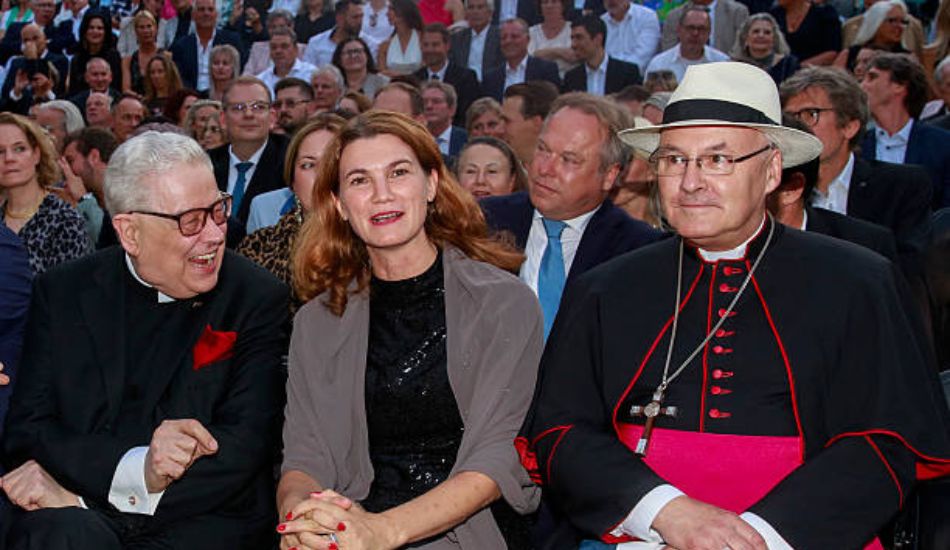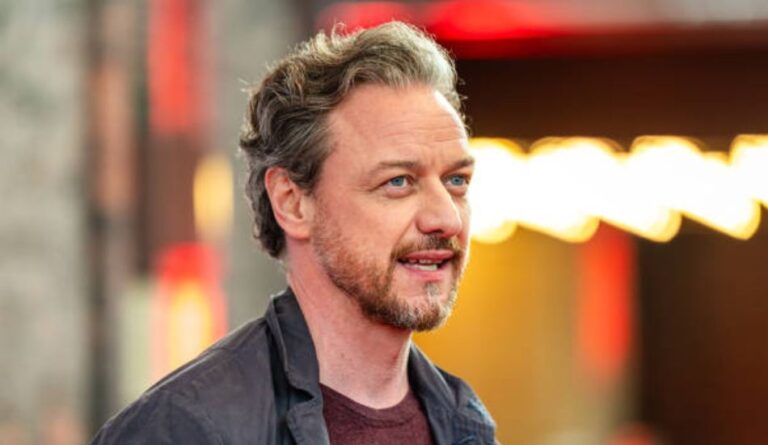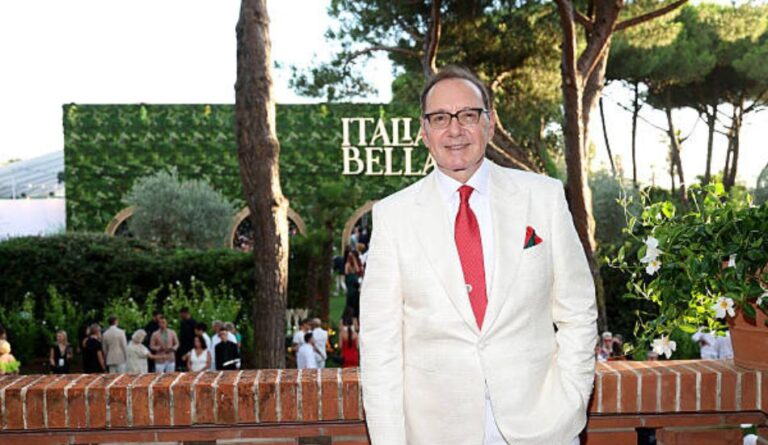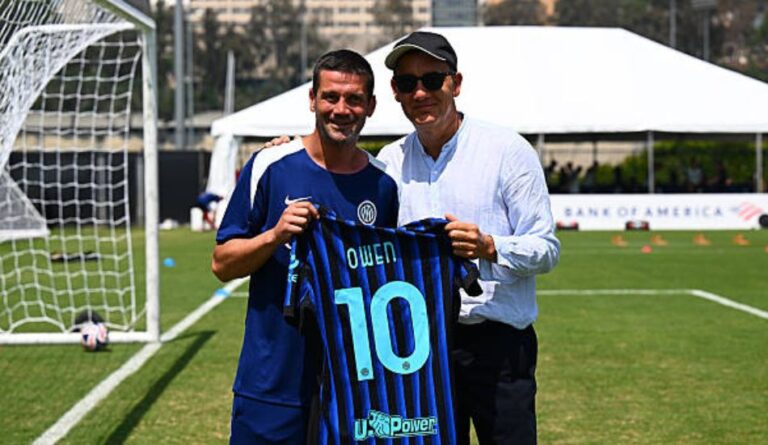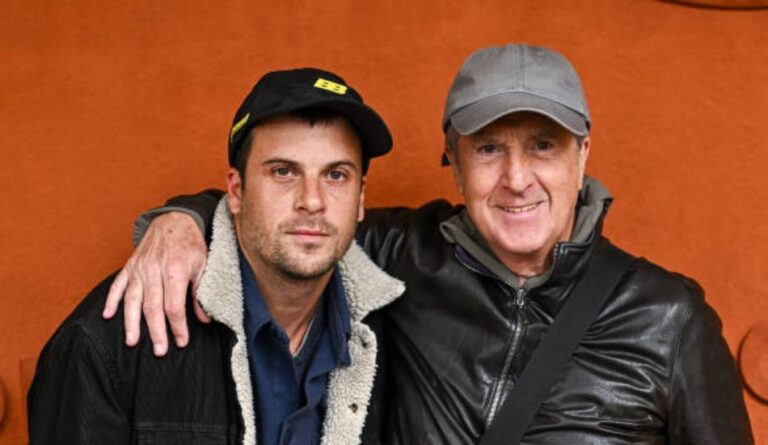Roman Wilhelmi: The Magnetic Enigma of Polish Cinema
Introduction
Few names in Polish film and theatre evoke as much admiration, mystery, and emotional resonance as Roman Wilhelmi. With a gaze that pierced the screen and a voice that lingered in memory, Wilhelmi was not just an actor—he was a force of nature. From his unforgettable portrayal of Nikodem Dyzma to his early television fame in Czterej pancerni i pies, his presence continues to dominate the cultural landscape of Polish cinema, decades after his untimely death.
Who is Roman Wilhelmi? A Biography of Talent and Torment
Roman Zdzisław Wilhelmi was born on June 6, 1936, in Poznań, Poland. Raised during the difficult post-war years, Wilhelmi developed a deep appreciation for storytelling and performance early in life. His path to stardom began with his enrollment in the National Higher School of Theatre (PWST) in Warsaw, from which he graduated in 1958. The Polish theatre scene at the time was undergoing a dynamic transformation, and Wilhelmi quickly found himself at the heart of this cultural shift.
He joined the Ateneum Theatre in Warsaw, where he performed for nearly three decades, later transferring to the Nowy Theatre in 1986. His stage roles were critically acclaimed, but it was television and film that made him a household name. Known for his expressive face and ability to inhabit a wide range of characters—from comedic to tragic—Wilhelmi captured the essence of a nation torn between post-war trauma and modern transformation.
Roman Wilhelmi Age and Birthday: Life in Numbers
Born in 1936, Roman Wilhelmi lived a life rich in art and experience but tragically short. He passed away on November 3, 1991, in Warsaw at the age of 55, after a hard-fought battle with liver cancer. His life, although relatively brief, was immensely productive. He left behind a legacy of over 60 film and TV roles, numerous theatre performances, and a lasting impression on the collective memory of Polish culture.
Czterej pancerni i pies and the Rise of a Star
One of Wilhelmi’s earliest and most iconic television roles came in the popular Polish TV series “Czterej pancerni i pies” (Four Tank-Men and a Dog), where he played the character Olgierd Jarosz, a brave tank commander. The series, which aired in the 1960s, was a wartime drama that held a special place in the hearts of Polish viewers. It became a cultural phenomenon and helped cement Wilhelmi’s reputation as a charismatic and emotionally resonant actor.
Interestingly, this show also featured Wiesław Gołas, another beloved Polish actor who portrayed the character Czereśniak. The chemistry between Gołas and Wilhelmi added both depth and comic relief to the otherwise serious narrative. Their on-screen camaraderie symbolized unity, resilience, and brotherhood—qualities that resonated deeply with audiences of the time.
Kariera Nikodema Dyzmy: A Role That Defined a Generation
Roman Wilhelmi’s most defining role came in 1980, when he starred in the satirical TV miniseries “Kariera Nikodema Dyzmy” (The Career of Nicodemus Dyzma), based on the novel by Tadeusz Dołęga-Mostowicz. In it, he played the titular character—a crude, uneducated man who rises through the ranks of Polish high society through luck, manipulation, and societal blindness.
Wilhelmi’s performance was nothing short of brilliant. He masterfully blended comedy, menace, charm, and vulnerability. The role was not just entertainment; it was social commentary. In Dyzma, Wilhelmi portrayed the absurdity of power and the fragility of public opinion—something that held a mirror to both past and present-day political climates.
The series was a massive success and is still considered one of the most iconic performances in Polish television history. Wilhelmi’s portrayal of Dyzma became a cultural reference point and solidified his place among the greats.
Roman Wilhelmi Filmy: A Career in Cinematic Excellence
Roman Wilhelmi’s filmography reads like a roadmap through the best of Polish cinema. His key film roles include:
“Zaklęte rewiry” (Hotel Pacific, 1975) – A gritty, existential tale where Wilhelmi played a brutal restaurant manager named Fornalski.
“Ćma” (The Moth, 1980) – This intense drama earned him Best Actor at the Moscow International Film Festival for his deeply emotional performance.
“Alternatywy 4” – A cult-classic TV satire on life in a communist-era housing block, where Wilhelmi played Stanisław Anioł, an authoritarian and comically overbearing housing manager.
Each of these roles highlighted a different facet of his acting genius—ruthless villainy, tragic introspection, and satirical absurdity.
A Life of Passion and Pain: Roman Wilhelmi Choroba and Śmierć
Despite his public success, Wilhelmi’s personal life was reportedly marked by emotional turmoil, perfectionism, and inner conflict. Known for his temperamental nature and intensity, colleagues often described him as someone who “lived on the edge” emotionally and physically.
In 1991, he was diagnosed with liver cancer. Despite his deteriorating health, Wilhelmi refused to slow down. He continued working, sketching ideas, and planning future roles. According to reports, he carried a notebook full of character notes and dialogue ideas, even during his final days. This tireless dedication to his craft is both inspiring and heartbreaking.
Roman Wilhelmi died on November 3, 1991, and was buried at the Powązki Military Cemetery in Warsaw. He never publicly acknowledged the gravity of his illness, preferring to focus on the roles he had yet to play. His death sent shockwaves through the Polish arts community, leaving a void that has never truly been filled.
Wilhelmi and His Contemporaries: A Generation of Giants
Roman Wilhelmi’s career was interwoven with some of Poland’s finest actors. In addition to Wiesław Gołas, he shared the screen and stage with legendary figures such as:
Janusz Gajos, who praised Wilhelmi’s “volcanic intensity” and described him as someone with a “creative mechanism ready to explode.”
Witold Pyrkosz, while not a frequent collaborator, occupied a similar sphere of television and theatre prominence. Both actors were key figures in defining Polish television in the late 20th century.
These associations not only elevated Wilhelmi’s status but also helped shape an era where Polish television and theatre reached a zenith of artistic credibility and national relevance.
Legacy and Cultural Impact
Decades after his death, Roman Wilhelmi’s legacy continues to thrive. His films and series are still broadcast and studied, his characters quoted and parodied, and his life analyzed in biographies and documentaries. There’s even a Roman Wilhelmi Award given annually to outstanding Polish actors, further proving how deeply his influence is embedded in the national consciousness.
His legacy is one of contrast—between power and vulnerability, between brilliance and chaos, between life and the inevitable silence of death. But above all, it is a legacy of truth. Roman Wilhelmi was an actor who didn’t just play roles; he became them. He bled, laughed, and wept on behalf of his characters, and in doing so, he made audiences feel more deeply than they ever had before.
Conclusion
At Chopmagazine.com, we honor the memory and artistry of great figures who have shaped culture, society, and the human experience. Roman Wilhelmi is one such figure. His life may have been cut short, but the emotional depth and fierce energy he brought to every role remain alive and relevant today. Through this article, we hope to reignite interest in his work and introduce his genius to new generations of film and theatre lovers.

